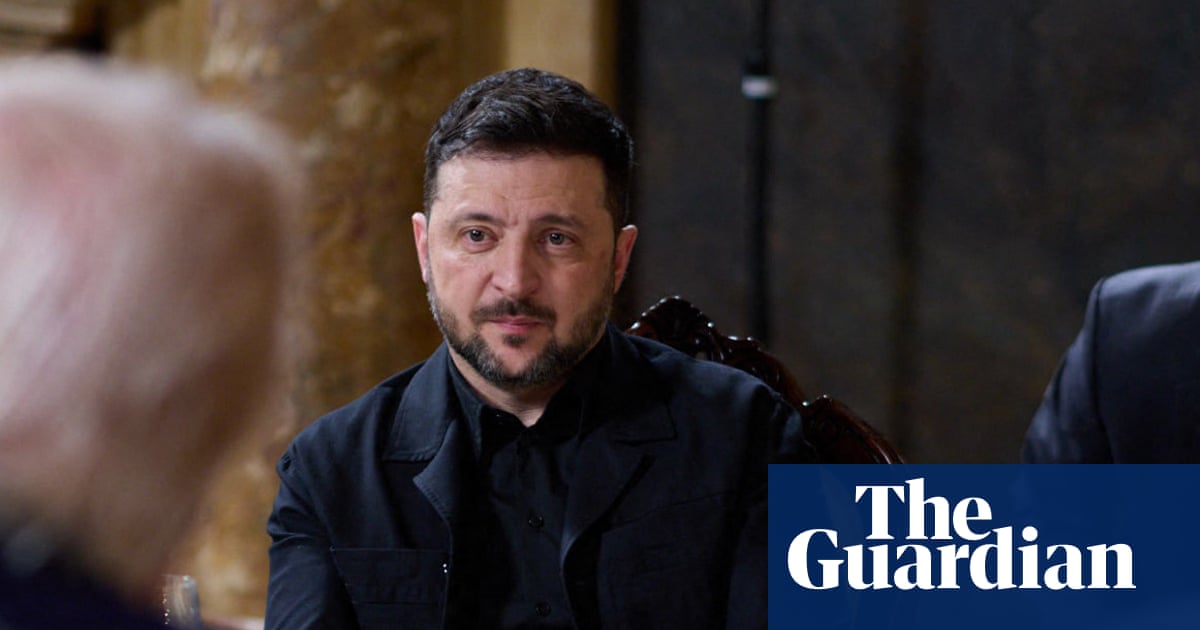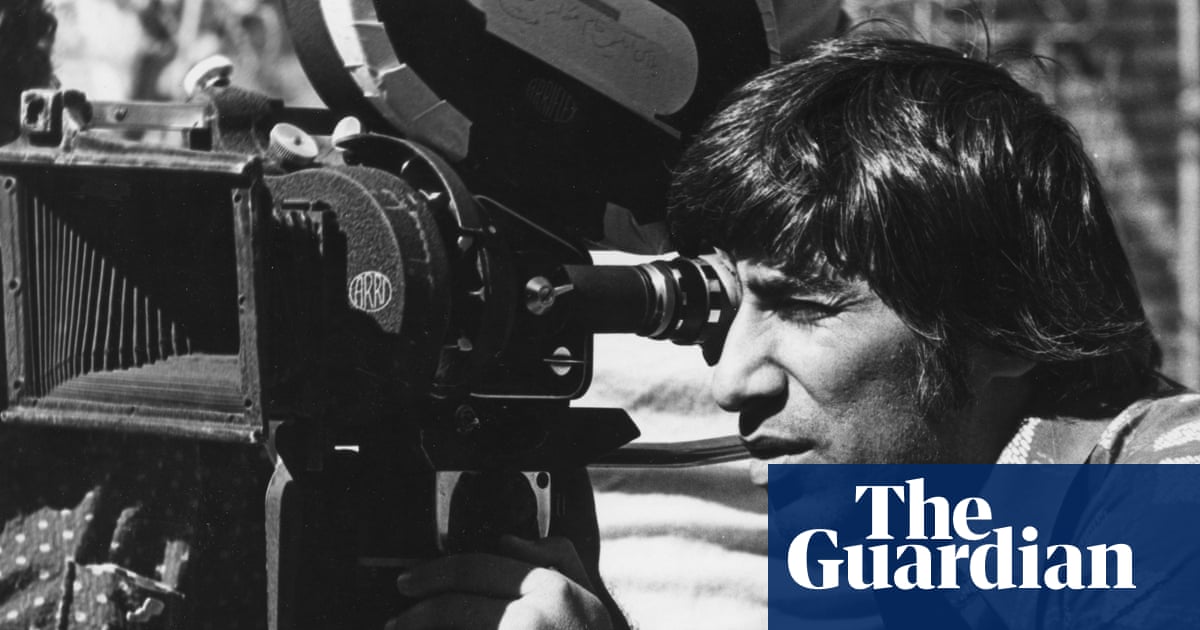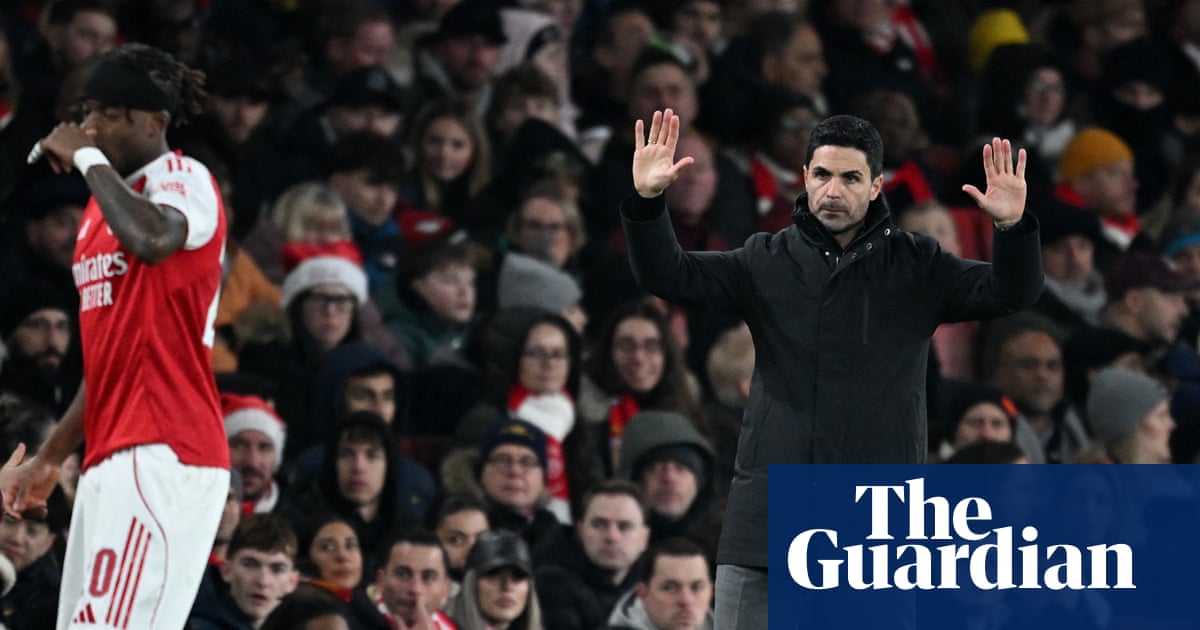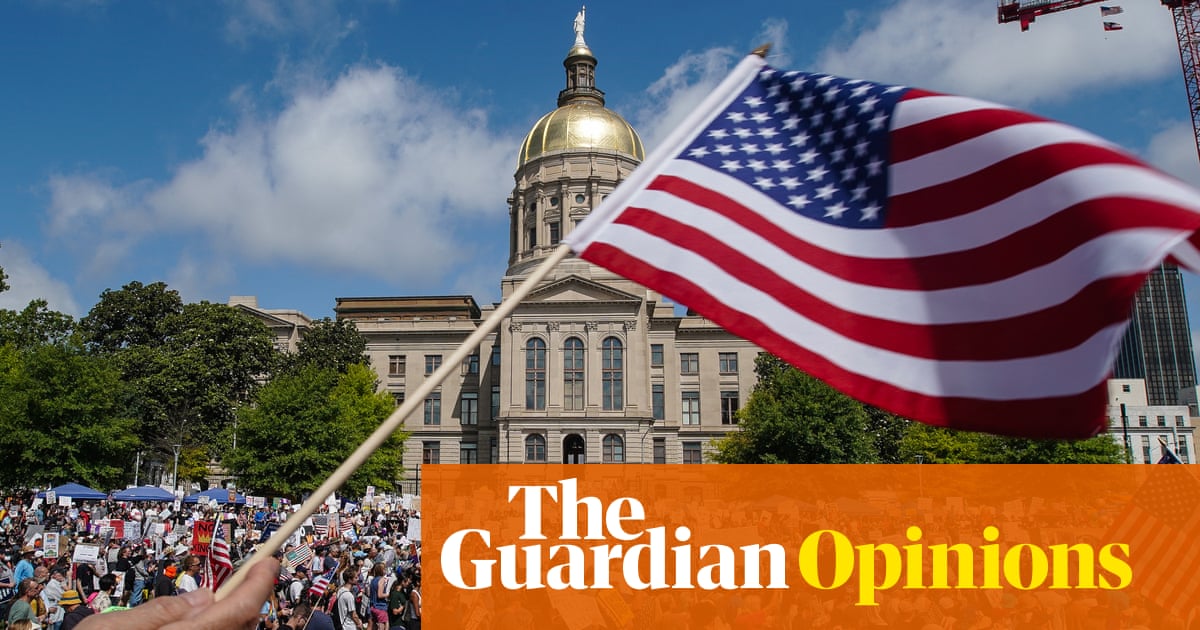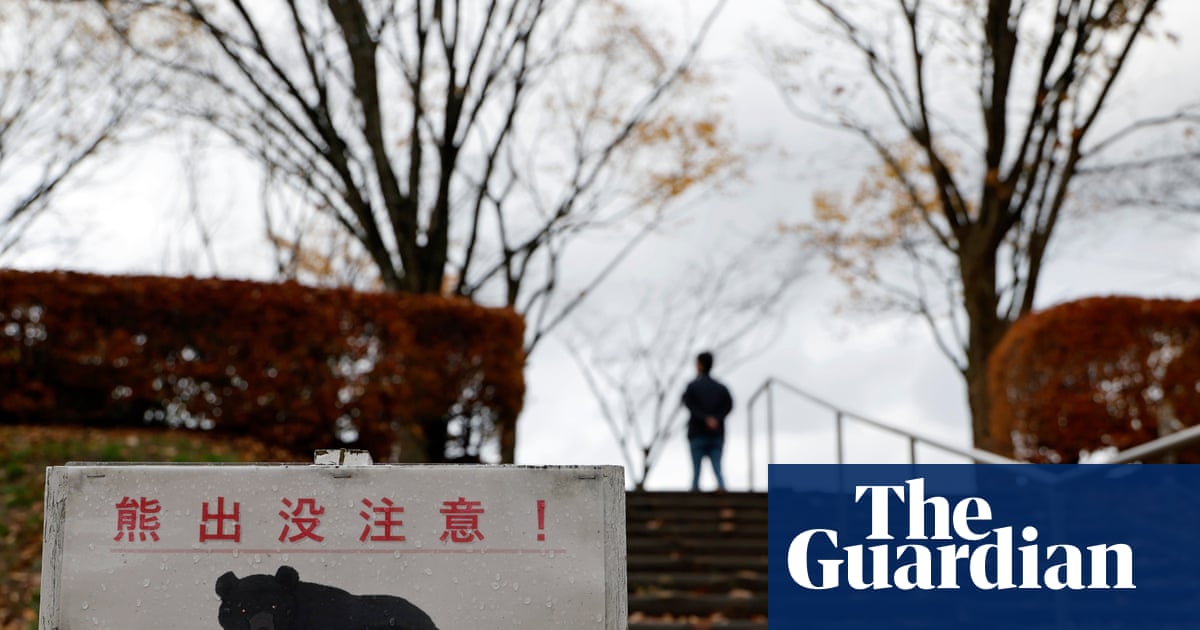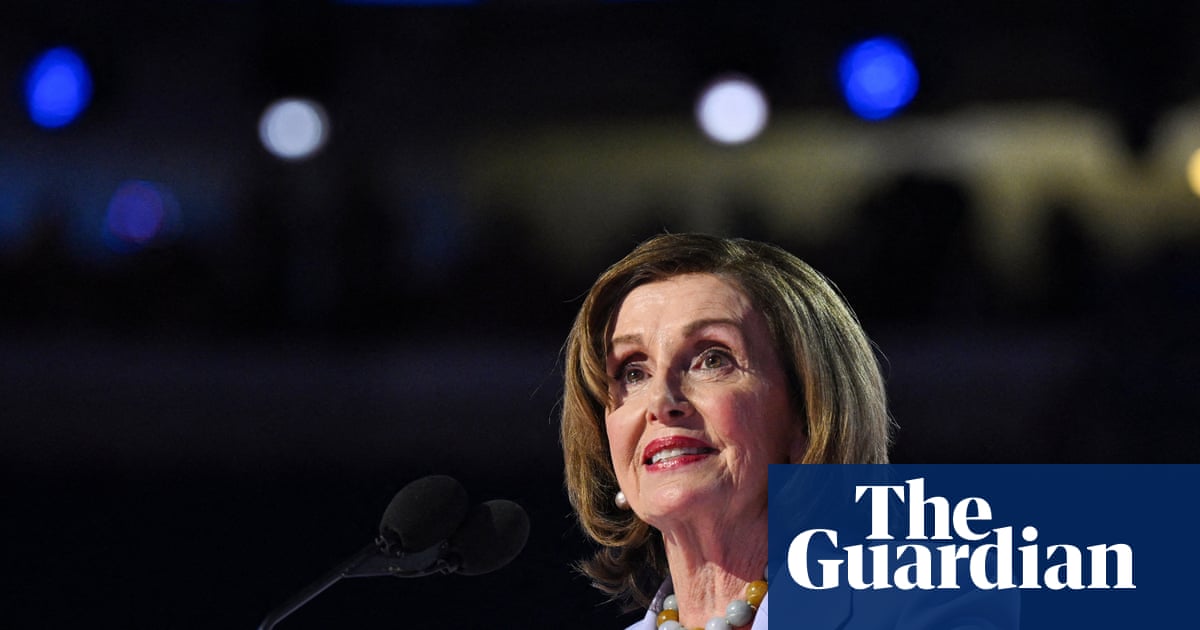As UK ambassador to Washington, Peter Mandelson was obviously a risky appointment. There was never any doubt that the former cabinet minister, European commissioner and international business lobbyist would be a skilled operator. The danger came from another of his reliable traits – attracting attention for the wrong reasons.
Sure enough, little over six months into the role, Lord Mandelson’s position became untenable. Sir Keir Starmer had stood by him when links to Jeffrey Epstein first resurfaced – extraordinary given the billionaire financier’s status as a convicted paedophile. The position changed with the publication of evidence showing that Lord Mandelson reaffirmed the friendship even after Epstein’s conviction, expressing solidarity and urging him to seek early release.
The government says that correspondence, previously unknown to the prime minister, was “materially different” to information available when Lord Mandelson was sent to Washington. While that may be true, the distinction is unlikely to settle questions about Sir Keir’s judgment in this affair. Any association with Epstein – who died in a US prison in 2019 – was toxic. Yet the prime minister was still expressing confidence in Lord Mandelson earlier this week, when it was known that he had once described the financier as his “best pal” in a book of birthday greetings.
Donald Trump, it seems, was another enthusiastic signatory to that album, so in terms of dubious social contacts, the UK ambassador could claim a special affinity with the US president. That is hardly a credential for professional diplomacy. Perhaps No 10’s political antennae were scrambled by Mr Trump’s apparent inability to feel shame and seemingly boundless capacity to brush off scandal. Sir Keir was clearly reluctant to lose Lord Mandelson’s services in manoeuvring in what is effectively the court of a quasi-monarchical president.
UK-US relations have turned out to be smoother than was anticipated, given differences in temperament and political background between the two countries’ leaders.
Sir Keir can reasonably claim to have helped nudge Mr Trump towards support for Nato and Ukraine, and to have secured relative leniency for British exporters under capricious, punitive White House tariffs.
But whatever Lord Mandelson’s role might have been in brokering those foreign policy gains, it cannot justify the price now being paid by the prime minister in domestic authority. Sir Keir faces criticism for having made the appointment in the first place and for not having realised the error sooner.
The timing, a week before President Trump’s state visit, is especially awkward. Lord Mandelson was instrumental in a policy of sycophantic compliance with an unreliable and authoritarian White House regime. The justification for this approach is that the president bears grudges against critics. Britain’s national interest is thus served by keeping his favour, even if it means ignoring a despotic contempt for historical allies and routine disregard for the rule of law.
Short-term concessions might be available from such an approach, but setting principle aside in pursuit of those pragmatic gains has a cost over time. Lord Mandelson’s briefly effective but ultimately disastrous stint in Washington stands as a parable of that strategic myopia. The prime minister needs a new moral compass for navigating relations with Washington as well as a new ambassador.
-
Do you have an opinion on the issues raised in this article? If you would like to submit a response of up to 300 words by email to be considered for publication in our letters section, please click here.

 3 months ago
69
3 months ago
69
